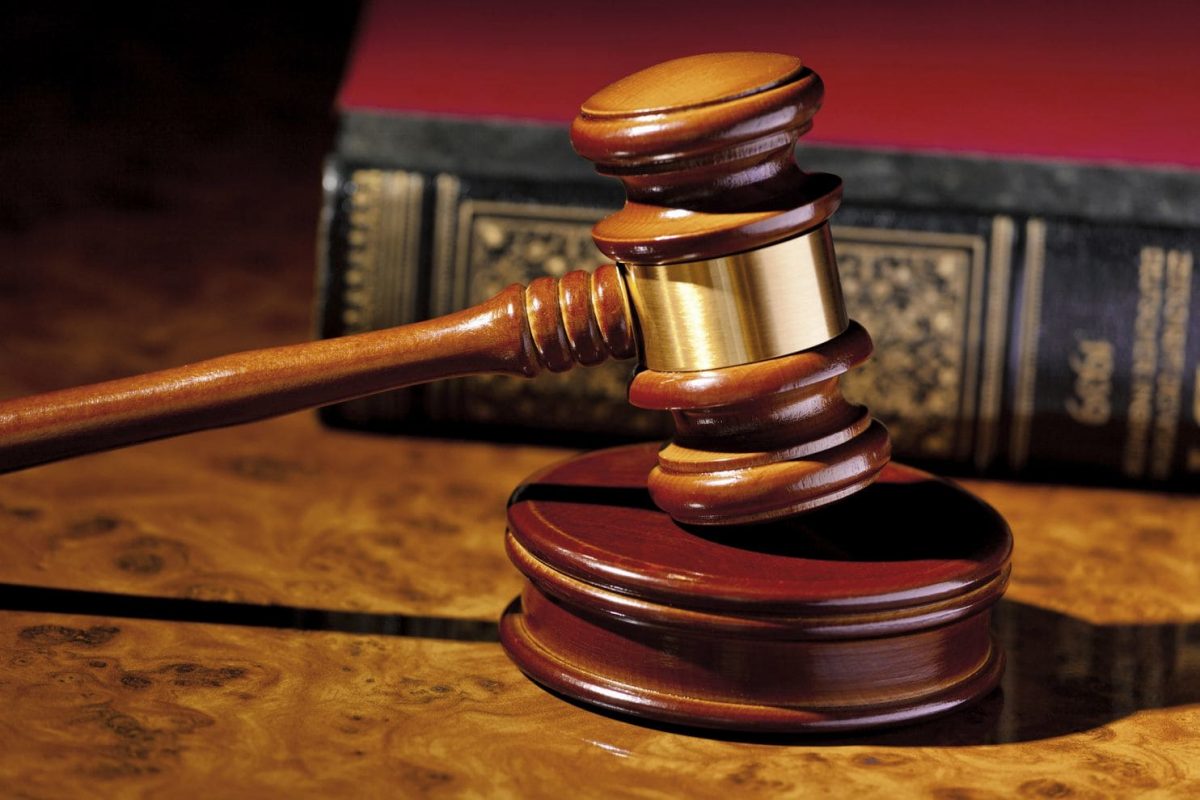Under the leadership of newly elected Mayor London Breed, San Francisco Treasurer Jose Cisneros and the Financial Justice Project, San Francisco just became the first American jurisdiction to abolish its discretionary court fees. In this Washington Post op-ed, FFJC Co-Directors Lisa Foster and Joanna Weiss argue that it’s time for the rest of America to follow suit. You can read the op-ed here.
***
Joanna Weiss and Lisa Foster are co-directors of the Fines and Fees Justice Center.
San Francisco has made history by becoming the first jurisdiction in the country to stop charging people fees for “using” — or being subjected to — the criminal-justice system. An ordinance unanimously adopted by the Board of Supervisors eliminates fees including for probation, electronic monitoring and jail booking.
“These fines, fees, and penalties can trap people in a cycle of debt, and low- income people and people of color are often hit the hardest,” the ordinance, which takes effect July 1, acknowledged. “Under this system, government becomes a driver of inequality.”
California, like virtually every other state in the country, fines people who are convicted of felonies, misdemeanors and traffic violations as punishment for violating the law. But on top of those fines, states also charge often exorbitant fees. Some fees underwrite the costs of the justice system, such as incarceration or court construction. Others go directly into a state or municipality’s general fund.
Since 2010, 48 states have increased their justice system fees, and the amounts are staggering. California, for example, adds $390 in fees to the $100 fine it imposes for running a red light. Americans leaving prison today owe an average of $13,607 in fines and fees.
In California, many of these fees are mandatory — a county such as San Francisco has no choice but to impose them. But some of the fees are discretionary; a county can determine which of a number of fees to assess. Until now, every county in California has exercised its discretion to charge fees. For example, San Francisco charged a monthly probation fee of $50, which added up to $1,800 for the average three-year probation term. Individuals subject to electronic monitoring paid $35 a day for their ankle bracelet.
Fines and fees do not affect only those with criminal convictions. Even a minor traffic offense can saddle a person with crippling debt. In many states, people who cannot afford to pay their fines and fees immediately are subject to interest charges and late-payment fees. They may have their driver’s or occupational license suspended. They may not be able to vote, and they may even go to jail. An emerging body of research reveals that debt from fines and fees often forces families to choose between paying their debt or paying for essential goods and services such as health care, food or housing. Court debt limits access to employment and student loans and adversely affects credit.
Communities of color are most likely to suffer from abusive fines and fees practices because of overpolicing, the demographics of poverty (a majority of people living in poverty in the United States are people of color) and racism. A recent study found a “clear positive relationship” between revenue from fines and fees and the proportion of black residents in a city. Notably, cities with black city council members are much less likely to rely on fines and fees for revenue than those without them.
The irony is that while we impose millions of dollars of debt, we don’t collect much of it. A 2015 study found that Florida courts assessed $278 million in felony fines and fees in 2013 but recouped less than 14 percent of that total. In Washington state, where the cost of a typical felony conviction hovers around $2,500, half of sentenced felonies have a collections rate of zero — and when defendants do pay, data show that they are only able to pay on average 20 percent of their total debt. This fiscal inefficiency holds true for San Francisco as well, where a study this year showed the collection rate was around 17 percent for the $15 million in court debt accumulated over six years by about 20,000 individuals. We are quite literally making people’s lives miserable for nothing.
The San Francisco ordinance will not solve the problem of fines and fees even in San Francisco, where judges must still impose mandatory state fines and fees that, according to the state’s Legislative Analyst’s Office, are used to fund more than 50 government programs. But by recognizing the inherent unfairness and profoundly harmful consequences of the “justice tax,” the San Francisco Supervisors expressly hope“to inspire other jurisdictions to lift this burden off low-income families, and to find more fair and just ways to fund their criminal justice systems.”
The job of the justice system is to do justice, not to raise revenue through hidden taxes imposed on those who can least afford them. Cities and states throughout the country should follow San Francisco’s example and eliminate these unfair and profoundly harmful fees.
